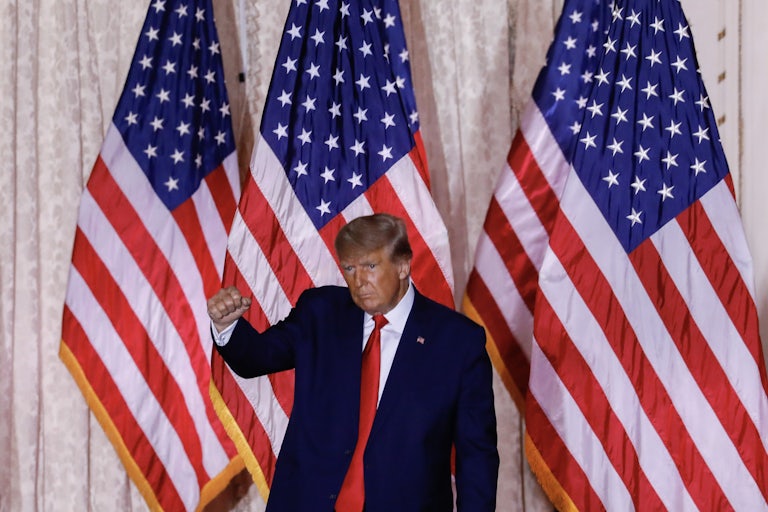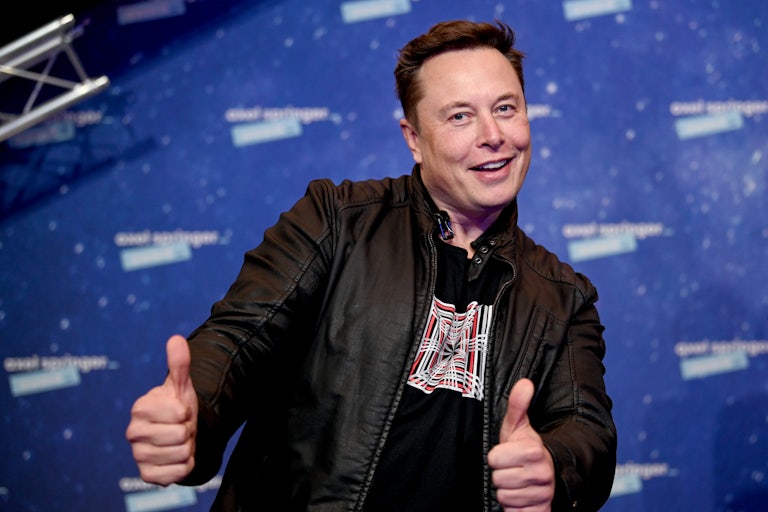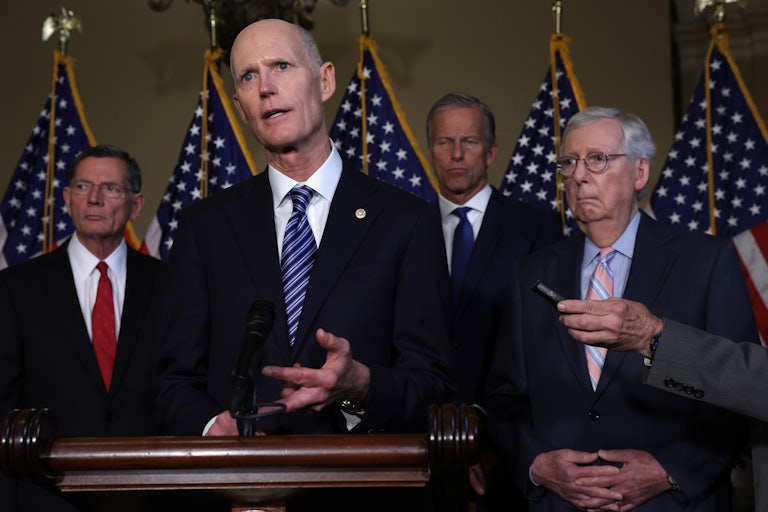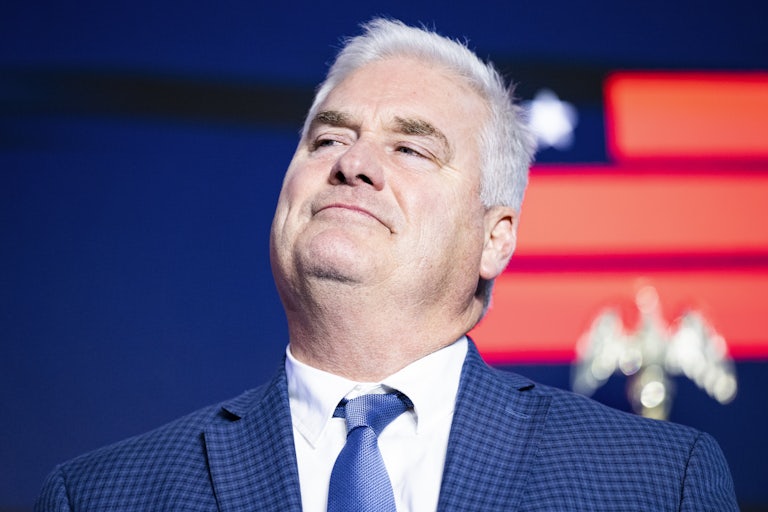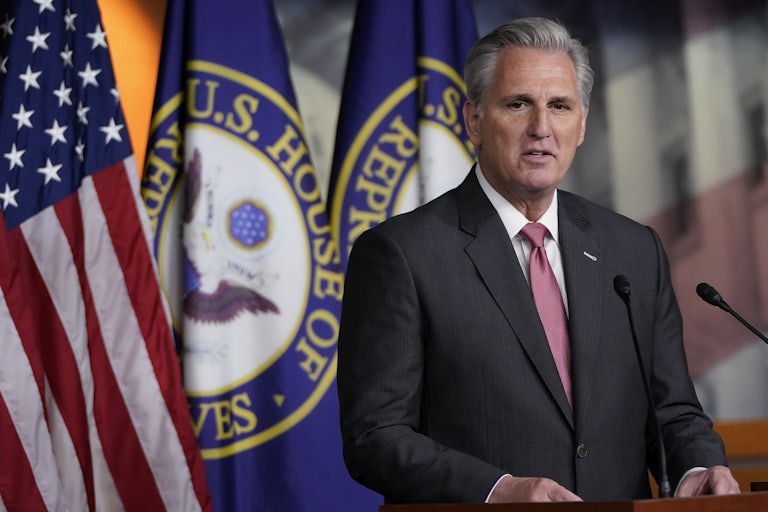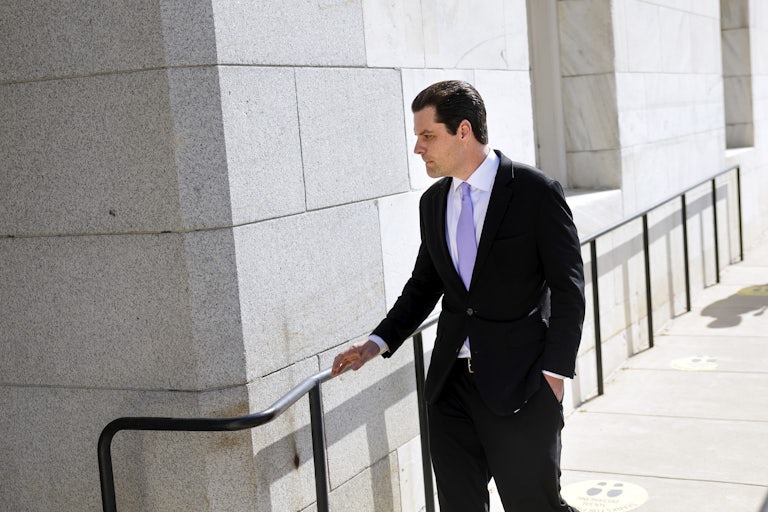Remember That Time Elon Musk Tried to Start a Comedy Website?
In remembrance of Thud
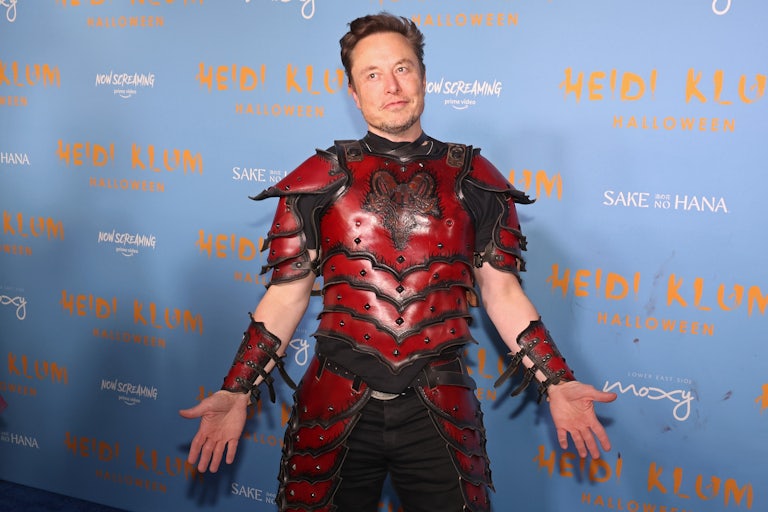
There are various plausible explanations for why Elon Musk acquired Twitter. Maybe, blinded by incompetent ego, Musk believes he alone can make Twitter transcend new boundaries. Perhaps his billionaire lifestyle has led him to desire new stimulation, and that comes in the form of owning one of the largest social media companies in the world.
Or possibly, Musk still holds on to his foregone dreams of being seen as funny, which is why he was so tickled to announce “comedy is now legal on Twitter” after buying it.
In March 2018, Musk tweeted “Thud!” and announced his new “intergalactic media empire,” a satire project he was pursuing with former Onion editors Ben Berkley and Cole Bolton.
Thud!
— Elon Musk (@elonmusk) March 14, 2018
The idea behind Thud was to bring satire into the real world, creating ambiguity between reality and parody. This involved the creation of distinct websites promoting items like satirical ancestry tracing services and endlessly shooting guns.
The vision was ambitious given how difficult it would be to generate much advertising revenue on largely distributed content, without even a central homepage for fans to stay plugged in. But the challenge only animated Musk’s imperious pioneering spirit. “It’s pretty obvious that comedy is the next frontier after electric vehicles, space exploration, and brain-computer interfaces,” Musk told The Daily Beast. “Don’t know how anyone’s not seeing this.”
The fate of Thud gave a clue as to how Musk would run Twitter, which is to say, not really at all. The Verge reported that Musk hadn’t planned to make much of a profit with Thud, and he didn’t really establish a plan to guide the project’s progress. He mostly just threw money at it. And when he began to worry that the project’s work could harm SpaceX or Tesla’s reputations, he pulled out, selling the company to Berkley and Bolton in January 2019—months before Thud even launched in March.
Thud continued pushing projects out as long as it could before shutting down in May 2019.
Though Thud’s vision may have been overly ambitious, it wasn’t just the fault of Berkley and Bolton. They had an idea, and acted accordingly with the financial backing of Elon Musk. That the company fizzled out had a lot to do with a bored billionaire who throws money wherever his mind wanders next, with little interest in maintaining a sense of accountability with those ventures.
As The Onion itself suggested years ago:
Elon Musk Offering $1.2 Billion In Grants To Any Project That Promises To Make Him Feel Complete https://t.co/skGVJWe0Zh pic.twitter.com/0ezEoWCTie
— The Onion (@TheOnion) February 7, 2018

